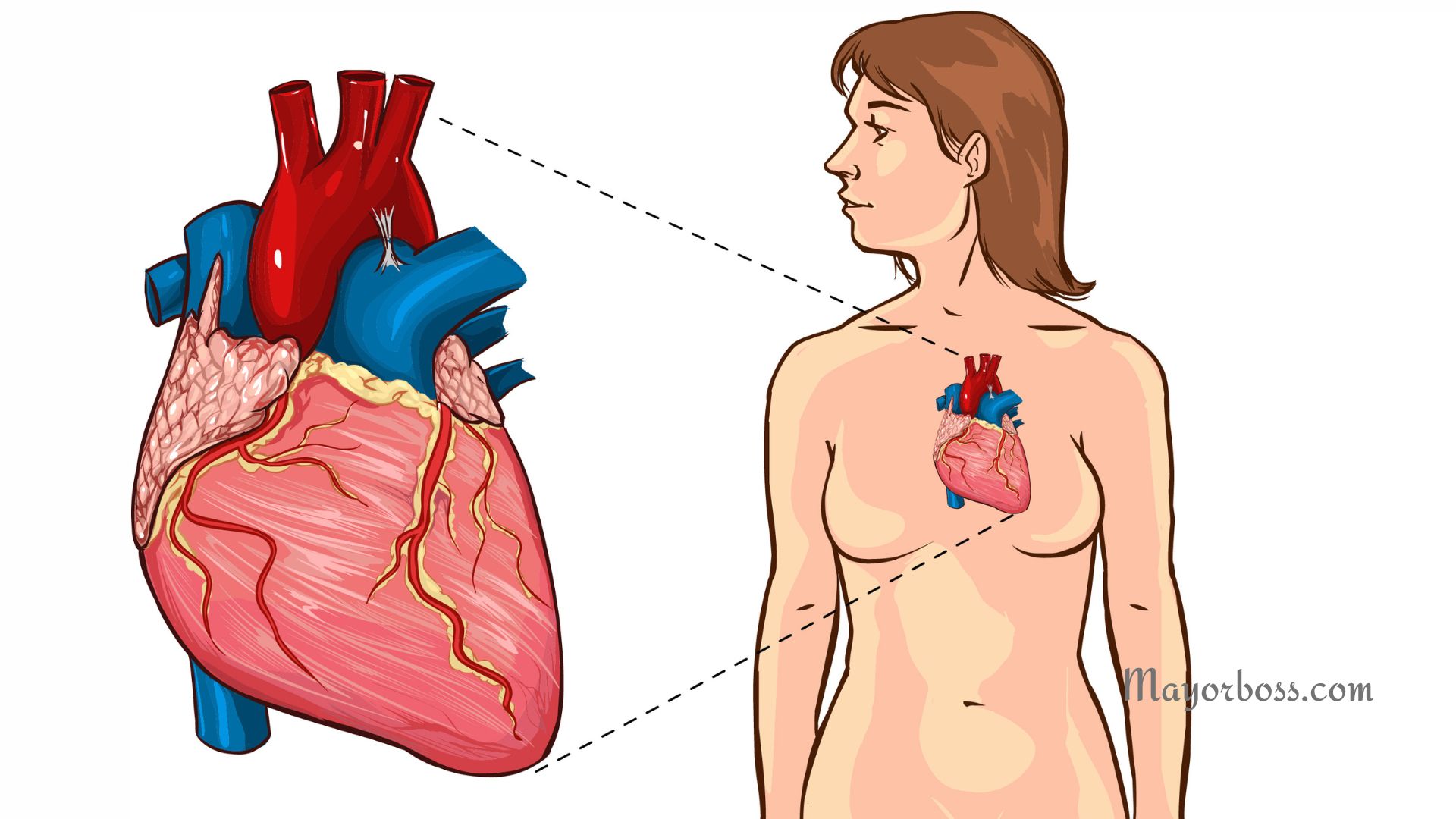Ascites
Imagine it’s a typical day, and you notice your belly has been progressively bloating over the past weeks or months. It’s uncomfortably distended, and your clothes don’t fit like they used to. If this sounds familiar, it might be time to consult your doctor. This might be a condition called ascites, and I, Dr. Anita Iroko, will guide you through what it entails.
What is Ascites?
Ascites is a condition characterized by the accumulation of fluid in the peritoneal cavity, the space within your abdomen that houses your internal organs. It’s a common complication of liver disease, especially cirrhosis, but it can also be caused by other conditions like heart failure, kidney disease, or cancer. Regardless of the cause, the fluid buildup results in a swollen belly and discomfort, but in severe cases, it could also lead to life-threatening complications.
How Do Ascites Affect Your Body?
About 60% of your body is made up of water. This water helps your body perform numerous functions, from regulating your body temperature to delivering nutrients to cells. But, when an imbalance occurs – as in the case of ascites – this fluid can accumulate in the wrong places, such as your abdominal cavity.
This buildup of fluid can have serious effects on your body, including:
- Creating pressure on your chest wall, making it difficult to breathe.
- Putting strain on your digestive system, causing nausea, vomiting, and loss of appetite.
- Leading to bacterial peritonitis, a serious infection of the abdominal cavity.
- Causing liver disease or kidney failure to worsen.
Symptoms and Causes of Ascites
Feeling bloated? Is your abdomen distended and tight? These are some of the signs you might have ascites. However, it’s not always easy to recognize the condition at first, especially if the fluid buildup is gradual.
Common symptoms in adults include:
- Increased abdominal size and bloating.
- Unexplained weight gain.
- Shortness of breath.
- Abdominal pain or discomfort.
- Swelling in the legs and ankles (edema).
- Reduced appetite and early satiety.
Ascites are primarily caused by cirrhosis of the liver, which accounts for about 80% of all cases. However, other conditions like heart failure, kidney disease, or certain cancers can also lead to ascites.
Risk Factors and Complications of Ascites
Anyone with liver disease, heart failure, or certain types of cancer is at risk for developing ascites. Heavy alcohol consumption and viral hepatitis are particularly significant risk factors for liver disease and, subsequently, ascites. Similarly, individuals with advanced kidney disease or those on certain medications might be at risk.
If not properly managed, ascites can lead to serious complications such as:
- Spontaneous bacterial peritonitis (an infection in the abdomen).
- Hepatorenal syndrome (rapid deterioration of kidney function).
- Pulmonary complications due to pressure on the diaphragm.
- Death.
Diagnosis and Tests for Ascites
If you think you might be experiencing symptoms of ascites, it’s important to seek medical attention. Diagnosing ascites typically involves a physical examination and medical history, but doctors may also use imaging studies like ultrasounds or CT scans. In some cases, they might conduct a procedure known as paracentesis to draw fluid from the abdomen for testing.
There are three general degrees of ascites:
- Mild: Only detectable through imaging studies.
- Moderate: Symptomatic but without fluid wave or shifting dullness.
- Severe: Obvious ascites with fluid waves and shifting dullness.
Your healthcare provider will assess your condition and determine the appropriate course of treatment.
Management and Treatment of Ascites
If you’re diagnosed with ascites, your treatment will depend on the underlying cause. For instance, if it’s due to liver disease, you might need to limit your salt intake, take diuretic medications, and abstain from alcohol. In more severe cases, doctors may need to remove the fluid from your abdomen using paracentesis or prescribe certain medications to prevent fluid buildup.
Preventing Ascites
Can ascites be prevented? To some extent, yes. The best way to prevent ascites is by managing its risk factors. This means:
- Limiting alcohol consumption.
- Maintaining a healthy weight.
- Regularly monitoring and managing conditions like liver disease, heart failure, or kidney disease.
Bear in mind the earlier you catch and treat ascites, the better your chances of avoiding complications. So, if you suspect you may have ascites, don’t hesitate to seek medical help. Together, you and your doctor can devise an effective management plan.






